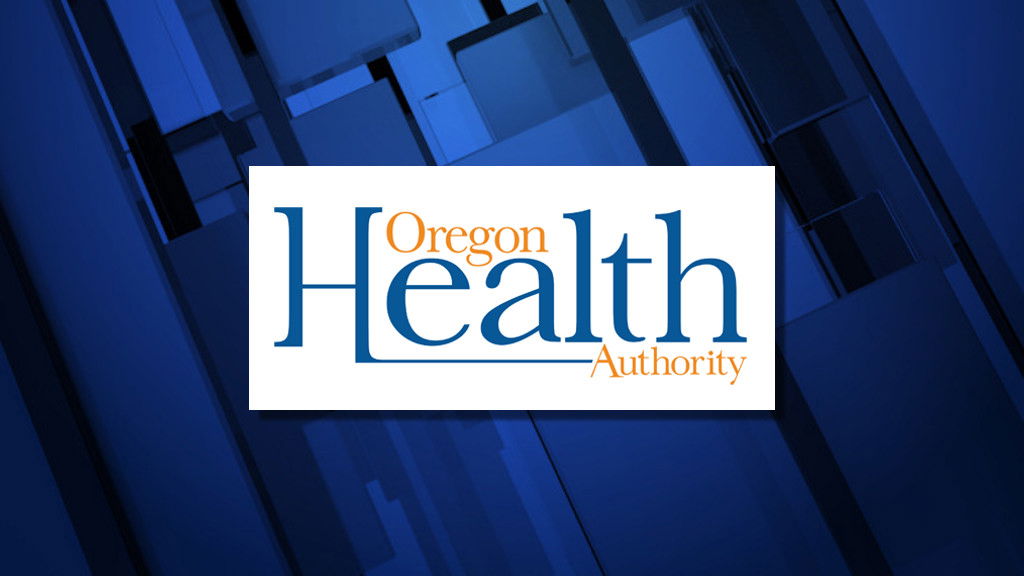Oregon Health Authority urges protecting infants from RSV amid shortage of new immunization

PORTLAND, Ore. (KTVZ) – State health officials are urging Oregonians to practice everyday preventive measures to protect infants from respiratory syncytial virus, amid a national shortage of the new RSV immunization called nirsevimab.
One of three new RSV immunizations released at the start of the 2023–2024 respiratory virus season, nirsevimab – known commercially as Beyfortus, made by Sanofi – is a monoclonal antibody injection that has been in limited supply since it became available this fall.
“There has been greater-than-expected demand for this new immunization against RSV,” said Dean Sidelinger, M.D., M.S.Ed., health officer and state epidemiologist at OHA. “The Centers for Disease Control and Prevention has told us the supply shortage is not due to any manufacturing issues, but instead due to an underestimation of the demand for nirsevimab following its release.”
Sidelinger added, “While we know this shortage may be disappointing for parents who are taking steps to protect their babies from RSV, we do have other tools available to help protect infants through the fall and winter.”
Until national supplies for nirsevimab increase, health officials recommend people in Oregon take other steps to reduce risk of RSV transmission to infants, who are most at risk for severe illness, including hospitalization and death. Pregnant people who get a vaccination for RSV when they are 32 to 36 weeks pregnant will pass protection on to their baby so their child will not need to receive nirsevimab after they are born.
“Up to 3% of Oregon infants are hospitalized each year with RSV,” said Melissa Sutton, M.D., OHA medical director for respiratory viral pathogens. “As the holiday season approaches and we gather with family and friends, RSV is expected to increase in our communities. Now is the time to plan how you will protect newborns and other young children you might be around as you gather with friends and family members.”
Sutton said that means using the same preventive measures that protected people during the pandemic—staying home and limiting contact with others when sick, wearing a mask, covering coughs and sneezes, washing hands, cleaning frequently touched surfaces—and encouraging pregnant people and certain people 60 and older to get a new adult RSV vaccine.
“We know it’s protective to wear a mask around a newborn, especially for family members meeting that baby for the first time,” Sutton said. “Masks are very effective at reducing transmission risk and keeping that child safe.”
On Oct. 23, CDC shared interim guidance with states that includes recommending vaccine providers prioritize their remaining doses of nirsevimab for:
- Infants younger than 6 months.
- American Indian and Alaska Native infants younger than 8 months and those 8 months to 19 months old living in remote regions.
- Infants younger than 8 months with underlying medical conditions.
Additionally, CDC is recommending vaccine providers suspend nirsevimab use in children 8 months to 19 months old if they qualify for palivizumab, a preventive antibody available since 1998 for use only in medically complex infants or those born prematurely.
The federal agency also stated that clinicians should offer the new adult RSV vaccine Abrysvo (made by Pfizer) to pregnant patients, letting them know that nirsevimab may not be available for their infants after giving birth. Either nirsevimab for infants or maternal vaccination are recommended, but not both, because both provide protection to the infant.
Abrysvo is available to pregnant people at 32 to 36 weeks’ gestation during September through January, and for people 60 and older. A second vaccine, Arexvy, is available for those 60 and older. OHA officials say the supply of these new vaccines in Oregon is stable, although shortages of any new product are not uncommon as demand may be difficult to predict.
“We understand parents are frustrated over nirsevimab’s limited availability, but this shortage will not be permanent and access to the RSV immunizations will improve,” Sidelinger said. “Until supply improves, remember those basic prevention methods for keeping infants and others safe during respiratory season, and getting your influenza, COVID-19 and adult RSV vaccines.”



